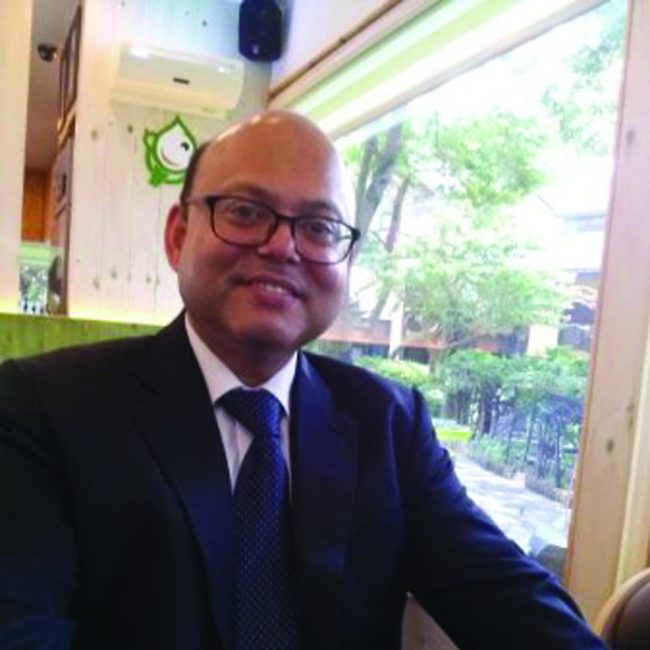
International • Latest • Perspectives • Slide
Best of times … Worst of times … Open minded Macron

Syed Nasir Ershad
France’s newly inaugurated President Emmanuel Macron unveiled his Cabinet on Wednesday, 18 May 2017 with women filling half of the 22 positions as promised. Gerard Collomb will become interior minister, former presidential hopeful Francois Bayrou takes justice and Jean-Yves Le Drian — who was defense minister under former President Francois Hollande — takes foreign affairs and Europe. Sylvie Goulard will be defense minister, while Muriel Penicaud becomes labor minister and Agnes Buzyn is health minister. Annick Girardin, who was the minister for public services under Hollande, is now the overseas territories minister. Bruno Le Maire, who served under former center-right President Nicolas Sarkozy, has been named as Macron’s economy minister.
Hollande also achieved gender parity in his 2012 Cabinet, but commentators noted that most of the heavyweight roles went to men. According to CNN affiliate BFMTV, the 69-year-old Collomb is a popular Socialist who has been a senator and mayor of Lyon and was one of Macron’s early backers. Despite a long political career, it will be his first ministerial position. His new role puts him in charge of France’s police and, as such, of any terror-related investigations in the country. Bayrou, also in an important role, joined forces with Macron in February, contributing to his victory by bringing his centrist party Modem on board.
Macron on Monday named center-right politician Edouard Philippe of the Republicans as his Prime Minister. The far-right National Front criticized Macron’s Cabinet picks, saying he had brought back personalities who have already significantly demonstrated their complete incompetence. It added, the large number of ministers from the ranks of the Republicans, in addition to the Prime Minister himself, also confirms that the Republicans will not be able to claim to be a force opposed to the power in place.
Speaking at his inauguration Sunday, Macron vowed to bring confidence back to a nation that has been ‘broken’ by a spate of terror attacks and a sluggish economy. He said he hoped to restore French values and applauded voters for resisting the wave of populism in choosing him over far-right candidate Marine Le Pen. He will now be looking to the June legislative elections. His centrist La Republique En Marche party, which has never held a single seat in Parliament, will need a strong presence there to push Macron’s legislative agenda. The party is scrambling to get 577 candidates together to contest every seat in the country ahead of the vote, on June 11 and 18. It named 428 candidates last week, half of them women and more than half from outside the political establishment, fulfilling a party pledge made in January. Of the established politicians, the party has attracted candidates from both the left and right, causing panic among traditional parties facing mass defections.
Macron’s selection of a prime minister from the ranks of a center-right party outside his own movement was seen as in an attempt to broaden his appeal to right-wing voters ahead of next month’s vote. Macron won the May 7 election with a resounding 66% of the vote, but his mandate may not be as strong as those numbers suggest. Many in France made it clear they were casting their votes against Le Pen. At 39, he becomes the youngest president in France’s history and the youngest leader since Napoleon. He has inherited an extraordinary to-do list and faces some demanding deadlines. It will be interesting to observe the progress next few days.


